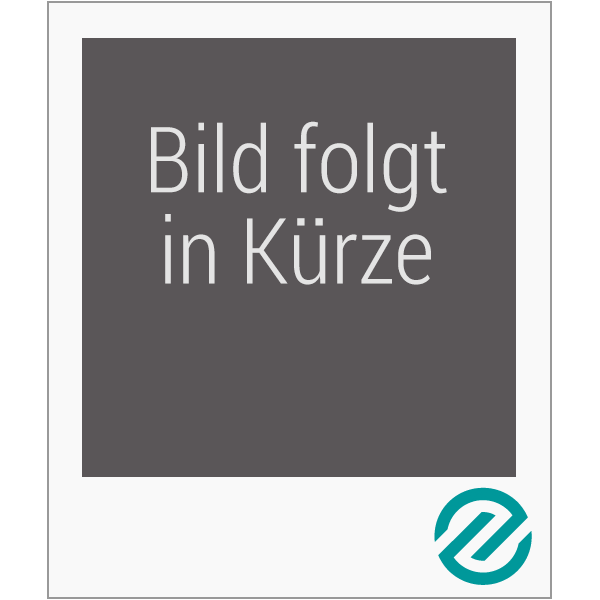This study of six early twentieth-century periodicals serves to refine the traditional image of the inter-war journal as the pre-eminent vehicle of artistic and intellectual renewal. Every periodical has its own history but general themes are clearly identified. Traces emerge of a common commitment to the internationalisation of the arts and we find early and unexpected discussion of Freud, Chaplin and Joyce in Brussels and Berlin, jazz in Vienna and Brussels, Ezra Pound in the Netherlands and Belgium. In contrast to this internationalisation are the ambitions of the various editors to play a significant role in their national cultures. This tension between national and international influences was in the first instance stimulating and innovative. Later, as a result of political and socio-economic developments, the newly achieved openness and exchange were gradually diminished and finally disappeared as did the periodicals themselves.
Table of contents:
Sophie Levie: Introduction. Erik BUITINGA: Die Fackel eines Einzelgängers: Karl Kraus, das a-politische Engagement. Willem MELCHING: Kulturbolschewismus, the Weltbühne and the Arts. Paul OP DE COUL: A Viennese Journal for Modern Music: Musikblätter des Anbruch. Sophie LEVIE: 'Ouvert à tous, difficile cependant à ouvrir' - la revue belge Le Disque vert, 1921-1941. Marco ENTROP: Vive l'esprit mécanique! La revue dadaïste Mécano (1922-1923). Willem G. WESTSTEIJN: The Russian émigré-journal Versty.Résumés / Abstracts.
Table of contents:
Sophie Levie: Introduction. Erik BUITINGA: Die Fackel eines Einzelgängers: Karl Kraus, das a-politische Engagement. Willem MELCHING: Kulturbolschewismus, the Weltbühne and the Arts. Paul OP DE COUL: A Viennese Journal for Modern Music: Musikblätter des Anbruch. Sophie LEVIE: 'Ouvert à tous, difficile cependant à ouvrir' - la revue belge Le Disque vert, 1921-1941. Marco ENTROP: Vive l'esprit mécanique! La revue dadaïste Mécano (1922-1923). Willem G. WESTSTEIJN: The Russian émigré-journal Versty.Résumés / Abstracts.

